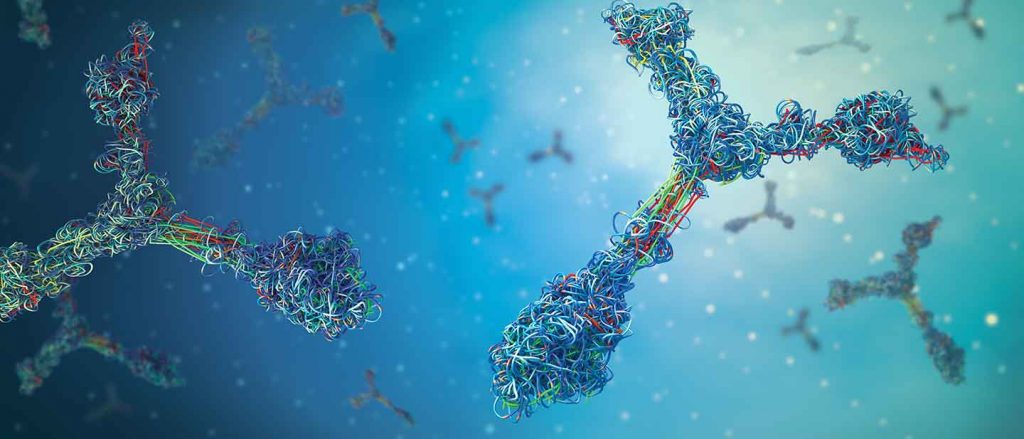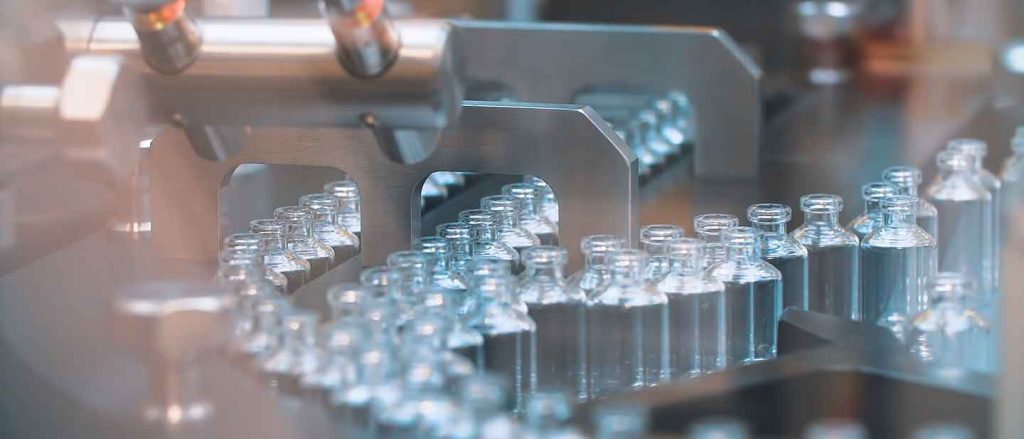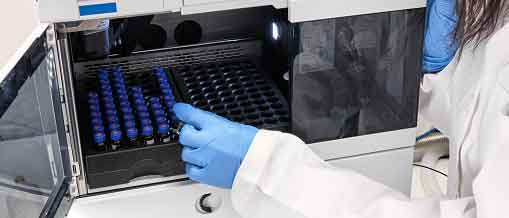Over the period from 2019 to 2023, competition from biosimilars entering the biologics market is expected to result in savings of approximately $160 billion in the USA and as much as €100 billion in the EU. In the UK, the National Health Service (NHS) has predicted that increasing uptake of best-value biologics and biosimilars could lead to cost-savings of at least £400–500 million annually. In Canada, use of established biosimilars was projected to create savings of CAD$294 million in 2021. Meanwhile, in Japan, uptake of biosimilars was initially slow after the first launch (2009) but increased steadily thereafter with annual sales reported at approximately JP¥32.4 billion ($300 million) in 2020. Clearly there are huge incentives for multiple stakeholders to consider the use of biosimilars that will benefit patients.
Patients with cancer and other chronic or non-chronic conditions for whom biopharmaceutical therapy is indicated should be adequately informed about these products and closely involved in treatment decisions. Patients as a whole seem poorly informed about biosimilars, contributing to negative attitudes towards their acceptance.
In this chapter, we discuss the patients’ needs for education and information on biosimilars and switching, different elements of biosimilars education, and the role of the pharmacist in providing this education and support to patients.


